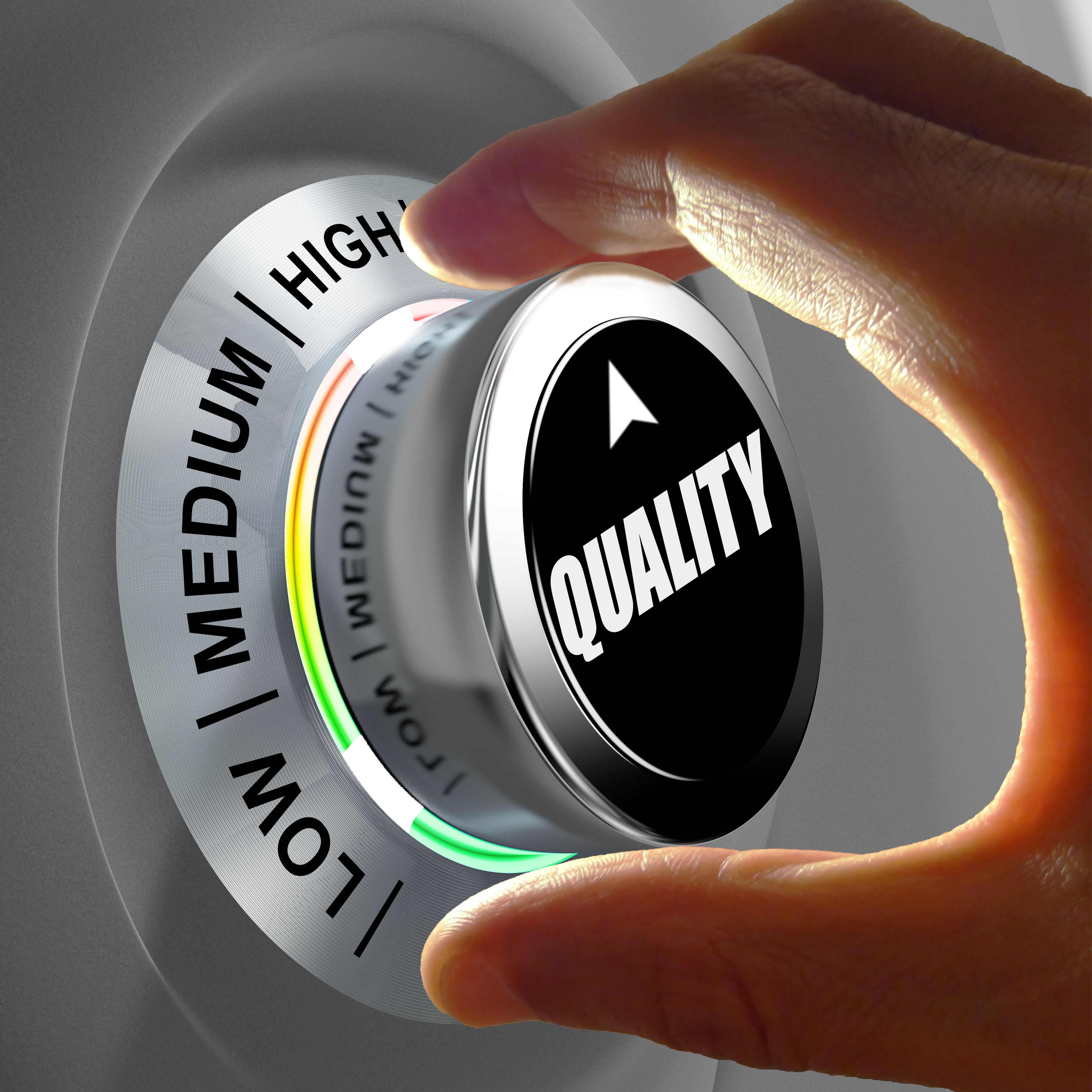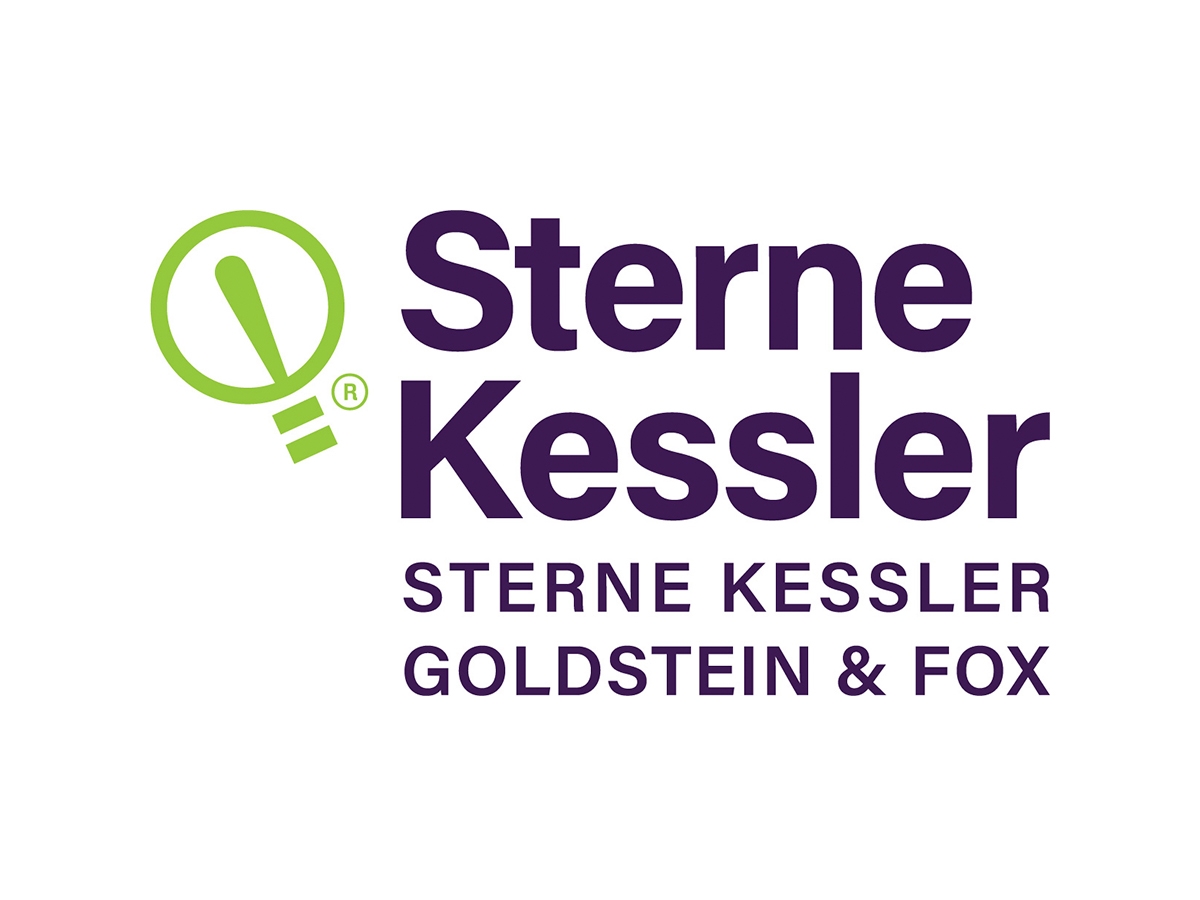Actavis Labs. FL, Inc. v. United States | Schwabe, Williamson & Wyatt PC
Actavis Labs. FL, Inc. v. United States, Appeal No. 2023-1320 (Fed. Cir. Mar. 21 2025)
Our Case of the week, according to its author, Circuit judge Stark, is “not actually a case of patent”. The Federal Circuit ruled in favor of Actavis and held that Hatch-Waxman litigation defense costs are deductible as ordinary business expenses. The Court sided Actavis in holding that Hatch-Waxman litigation costs are deductible as normal business expenses. The Hatch-Waxman Act allows drug manufacturers to sue for patent infringement if they submit an Abbreviated New Drug Application (ANDA) to obtain FDA approval of a generic version. This generic version is often covered by one or more patents, which are held by brand-name drug manufacturers. SS 355(j)(2)(A)(vii)(IV). The ANDA must notify the patentee that it has certified its Paragraph IV, which often prompts the patentee file a lawsuit for patent infringement against the ANDA. The FDA approval of an ANDA is automatically stayed until the validity and infringement issues are resolved during litigation. If the ANDA filer wins or the automatic stay expires then FDA approval becomes effective. The filer can now market its generic version. Conversely, if the patentee prevails, then any approval of the ANDA is treated as “tentative” and may not become effective until the patent(s) expire(s).
Actavis is a generic drug manufacturer who incurred more than $12 million in bills defending various Hatch-Waxman infringement suits in 2008 and 2009, which it deducted in its returns as ordinary business expenses. The Internal Revenue Service of the United States (IRS), however, argued that since the litigation costs were incurred to obtain an intangible asset – FDA approval to market generic drugs – they could not be immediately deducted but had to be amortized. Actavis paid what the IRS described as a deficit resulting from its deductions. It also sued the government to recover any alleged overpayment. The Court of Federal Claims awarded summary judgment to Actavis. The Court concluded that Actavis’s litigation expenses were immediately deductible ordinary business expenses under either test. The Court concluded that under either test, Actavis’s litigation expenses were immediately deductible ordinary business expenses.
Under the “origin of the claim” test, the Court considered “whether the origin of the claim litigated is in the process of acquisition of a capital asset.” The Court explained that the capital asset at issue–FDA approval of the ANDA–is granted or withheld solely on the basis of whether FDA regards the generic drug to be safe, effective, and bioequivalent to the approved one. The timing of such approval may be affected depending on the outcome in Hatch-Waxman lawsuits, but the litigation and approval themselves are separate and not affected by each other. For example, an ANDA filer could win the patent litigation, yet still fail to receive FDA approval. The Federal Circuit determined that the “origin” of the claim in such cases was not the ANDA’s pursuit of approval for its drug but the patentees decision to enforce their patent through litigation. The Court, using a similar analysis concluded that Actavis’s Hatch-Waxman defence expenditures were not incurred in order to “facilitate” FDA approval of their drug under 26 C.F.R. The Court noted that this conclusion was consistent with the typical treatment of patent litigation costs as deductible business expenses. The Court further noted this conclusion was consistent with the typical treatment of patent litigation costs as deductible business expenses.
Because Actavis’s Hatch-Waxman litigation expenditures had been properly deducted as ordinary business expenses, the Federal Circuit affirmed the Court of Federal Claims’s grant of summary judgment in favor of Actavis.[s]The opinion can be found here.
By Jason Wrubleski
ALSO THIS WEEK
Maquet Cardiovascular LLC v. Abiomed Inc.
, Appeal No. 2023-2045 (Fed. Cir. Mar. 21 2025)
In an appeal from a judgement that Abiomed, et al. The Federal Circuit rejected the lower courts claim construction and vacated the district court’s judgment of non-infringement. The Federal Circuit, in response to the district courts’ construction of a patent claim to include a “negative limitation” based on statements made by the prosecution, found that the current claim language is not sufficiently similar to claim language in parent application. Therefore, the prosecution history of the parent was irrelevant. The district court also construed a claim to include a limitation that contains the “exact same guide wire limitation” as its great-great-grandparent application. The Federal Circuit, however, found that there was no unmistakable disavowal. This is because “an applicant’s silence when responding to an examiner notice of allowance does not generally amount to a clear disavowal” and “an argument that a skilled artist would not be motivated to use the prior art references together does not speak to the claim scope.” The Court further rejected a third claim construction because the parent application’s prosecution history was not relevant and Maquet had made no clear claim disavowal.
The opinion can be found here.By Jeff Liao
AMP Plus, Inc. d/b/a ELCO Lighting v. DMF, Inc., Appeal No. 2023-1997 (Fed. Cir. Mar. 19 2025)
In a case involving an appeal of the U.S. Patent Trial and Appeal Board’s inter partes decision that ELCO Lighting failed to prove claim 22 of U.S. Patent No. The Federal Circuit confirmed that claim 22 of U.S. Patent No. DMF, the patent owner, argued that the Court lacked the jurisdiction to hear the case because ELCO failed to timely file a notice of appellation compliant with 37 C.F.R. SS 90.2 (a)(3)(ii) requires that the notice “provide sufficient information for the
director to determine whether or not to exercise his right to intervene in an appeal… “. (ELCO filed a corrected appeal notice with this information later. The Federal Circuit noted that courts only treat a requirement as jurisdictional if Congress “clearly” states that it is. They rejected DMF’s argument. Nonetheless, it found ELCO’s appeal to be substantially lacking in merit, and affirmed the PTAB’s decision that ELCO had failed to show unpatentability.
The opinion can be found here.By Jason Wrubleski
Realtek Semiconductor Corp. v. ITC[USPTO], Appeal No. 2023-1095 (Fed. Cir. Mar. Federal Circuit affirms ITC decision that denied sanctions. DivX sought an investigation into Realtek and other companies. DivX then filed a withdrawal motion, and Realtek responded with a motion for sanction alleging misconduct. The Administrative Law Judge rejected the motion for procedural reasons. Realtek sought an order from DivX directing the Commission to show cause. The Commission refused. The Federal Circuit upheld the decision, holding that tribunals have the right to make such decisions. Realtek had criticized the Commission for not providing a reason, but the Federal Circuit ruled that such an order does not require APA reasoning. The decision was approximately four pages long.






